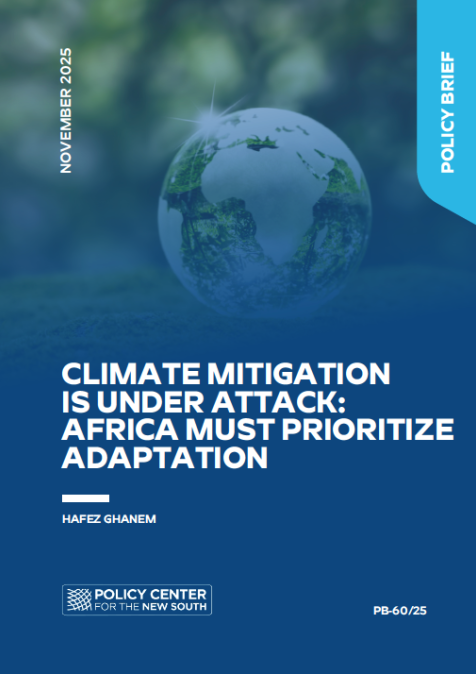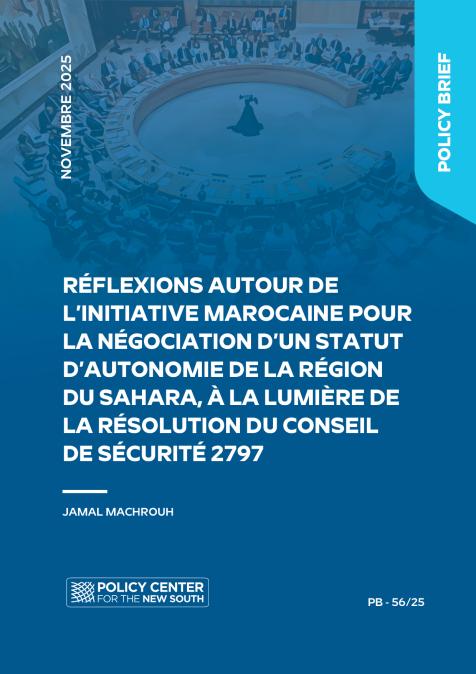Les Mardis du PCNS 10/02/2021: إفريقيا بين الذكاء الاصطناعي والحرب السيبرانية
في إطار برنامجه الأسبوعي "حديث الثلاثاء"، يخصص مركز السياسات من أجل الجنوب الجديد حلقته لهذا الاسبوع لمناقشة موقع إفريقيا بين الذكاء الاصطناعي والحرب السيبرانية برفقة رضوان نجاح، باحث في العلاقات الدولية متخصص في الأمن الرقمي بمركز السياسات من أجل الجنوب الجديد.في إطار برنامجه الأسبوعي "حديث الثلاثاء"، يخصص مركز السياسات من أجل الجنوب الجديد حلقته لهذا الاسبوع لمناقشة موقع إفريقيا بين الذكاء الاصطناعي والحرب السيبرانية برفقة رضوان نجاح، باحث في العلاقات الدولية متخصص في الأمن الرقمي بمركز السياسات من أجل الجنوب الجديد. بدأت التقنيات المتعلقة بالذكاء الاصطناعي تؤثر وبقوة على مختلف نشاطات الإنسان، وبالتالي فهي تشكل رافعة مهمة للتنمية. ومع ذلك، فإن هذا النظام البيئي الرقمي، بالرغم من الفرص التي يوفرها، لا يخلو من المخاطر بالنسبة للقارة الأفريقية، التي ترى الفضاء السيبراني الخاص بها، كل يوم، يتم استغلاله من قبل الشركات الأجنبية الضخمة في هذا المجال. في هذه الحلقة، سنحاول تحليل وشرح موقع إفريقيا من الحرب التكنولوجية التي تؤدي بشكل عام إلى زيادة استغلال البيانات، ولها عواقب سلبية، وأحيانًا تكون وخيمة، على المستويات الاقتصادية والسياسية والاجتماعية تضعف قدرة القارة على الصمود التكنولوجي. في الواقع، هذه التداعيات، التي تتجلى في إنشاء نظام افتراضي يجذب قيمة مضافة محلية للاقتصادات الأجنبية، تؤدي إلى شكل جديد من الاستعمار، يسمى الاستعمار الإلكتروني. المسيّرة: إيمان لهريش، مسؤولة عن البرامج بمركز السياسات من أجل الجنوب الجديد المتدخل: رضوان نجاح، باحث في العلاقات الدولية متخصص في الأمن الرقمي بمركز السياسات من أجل الجنوب الجديد








